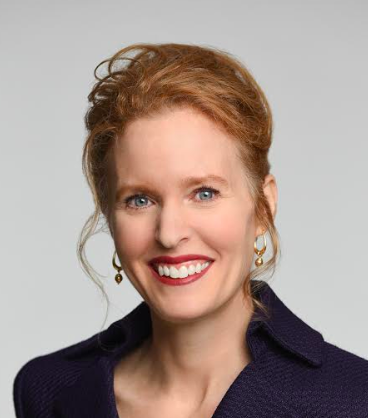
There was plenty of climate related news last week besides the Global Climate Strike (shown above in Augsberg, Germany and discussed here). Last week, Salesforce introduced its Sustainability Cloud with an aim to “empower every business to drive impactful climate action.”
The platform has a nifty Salesforce look and feel, allowing clients to track, analyze and report reliable greenhouse gas data that offer efficiency and insights to managers and create dynamo reports and dashboards to catch the eye of the c-suite. The move is precipitated both by Salesforce’s headline sponsorship of Climate Week in New York next week, and, according to the company’s sustainability vice president Patrick Flynn, by its involvement in the Task Force on Climate-Related Financial Disclosure (TCFD).
But as we know, TCFD is focused on the financial impact of climate-related risks and opportunities on an organization, rather than the impact of an organization on the environment. In other words, TCFD is reflecting that businesses and stakeholders recognize the urgent issues of climate change more than ever including the risks that climate change is creating for their growth. In other words, corporations are worried about the physical impacts - both shocks and stresses - of climate change. This is an area that the Salesforce Cloud does not touch.
While I can think of dozens of carbon accounting platforms, for an industry that is old and acquisition-rich by Silicon Valley standards (check Hara, for instance, which more than a decade ago had become industry leading enough to be acquired by Verisae, which was subsequently acquired by Accruent), the resilience analytics marketplace is not so crowded and is ripe for a new entrant like Salesforce.
A day before Salesforce’s Sustainability Cloud launch, the Climate Bonds Initiative released its Climate Resilience Principles that provide a framework for assessing climate resilience investments. Created with input from over 40 experts around the globe, the principles first aim to guide investors to understand climate risks faced by assets, activities and systems. Second, they address these risks through risk-reduction measures and third to increase the number and quality of investments that deliver resilience benefits over and above addressing identified risks.
These principles are solution to the urgent issue of climate impacts on business operations and growth. Moving beyond carbon accounting, one thing the principles rely on: the nascent risk and resilience metrics arena that Salesforce could capture and grow.
I have no doubt that Salesforce will be a force for good. With close to two hundred thousand clients, they are certain to make it easier for many more corporations to measure their carbon emissions. This captive market may be Salesforce’s disruption of the relatively mature carbon accounting marketplace.
But the real white space is for easily accessed and applied data that can help corporations assess and act on their current and future climate change hazards and vulnerabilities. Let’s hope the swift work of Salesforce’s epic workforce will not be disrupted by climate risks, such as San Francisco’s wildfire-driven poor air quality, increasing National Weather Service heat-related danger days or more frequently flooded commutes - to move ahead toward that truly newsworthy task.
Image credit: Wiki Commons

Joyce Coffee, LEED AP, is founder and President of Climate Resilience Consulting. She is an accomplished organizational strategist and visionary leader with over 25 years of domestic and international experience in the corporate, government and non-profit sectors implementing resilience and sustainability strategies, management systems, performance measurement, partnerships, benchmarking and reporting.














